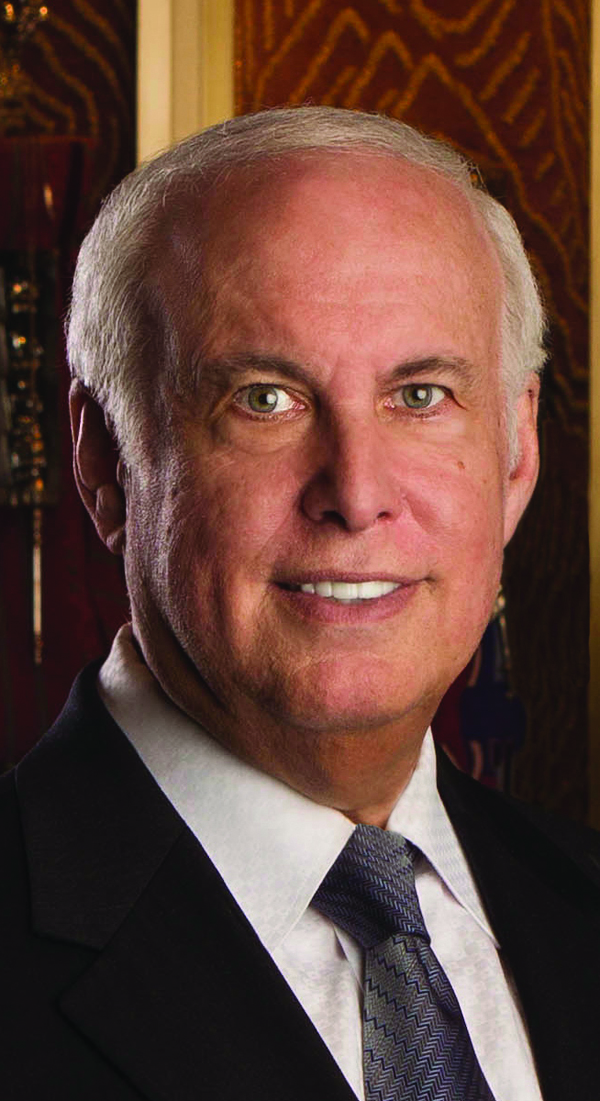On May 5, 2000, I delivered a very strong message to the community about Passover. In reading it over again, I think it is even more true today. It was based on remarks of the late blessed Lubavitcher Rebbe. He wanted to know where the fifth son was from the Passover Haggadah, why he was missing.
Here is an excerpt:
“My remarks today are inspired by an article that was written by Rabbi Manis Friedman, who is the brother of Rabbi Friedman here in Kansas City. The article is entitled, ‘The Fifth Son.’ I found this article, which was based on an idea by the late Lubavitcher Rebbe, fascinating. It speaks about a fifth son not referred to in the Seder, but very much a factor in our lives today.
“Let me begin by reading a quote, referring to the Rebbe, from Rabbi Manis Friedman’s article: ‘Who else is there besides the wise son, the wicked son, the simple son and the one who doesn’t know how to ask?’
“There’s a fifth son… the one who refuses to come to the Seder. Traditionally, this was the lost member of the family, the one who stopped being Jewish. I see, unfortunatley, many of you have fifth sons who don’t come around.
“What part of him refuses to come to the Seder? His Jewish soul is objecting because the Judaism that is being offered doesn’t live up to his expectations. His Jewish soul is asking us to listen.
“By hearing what the fifth son has to say, Judaism can be all that it’s meant to be. The fifth son is like a safety valve. He is a warning valve that tells us when we’re drifting, becoming too petty… or simply just too bland. The fifth son is right. Judaism is not just for the Jews.
“Let’s ask ourselves a question: ‘Why did the Jews go into exile 2,000 years ago?’ I know our tradition says the Second Temple was destroyed because of the wrongdoing of the Jewish people. We were exiled all around the world.
“But, that can’t be all of it. Why do three quarters of the Jews around the world remain ‘in exile’ today by choice?
“Are our goals oriented correctly?
“... Not that much has changed over the last 30 years. And, I think that synagogues, and our community, and our congregations and our own congregation in particular need to analyze where we are and where we are going.”
The complete transcript of Rabbi Mandl’s speech is available on page 39 of the May 5, 2000, issue of The Chronicle, available to read at kcjc.com/archive.



